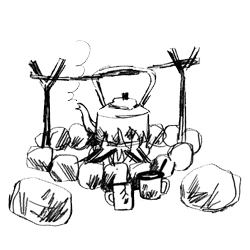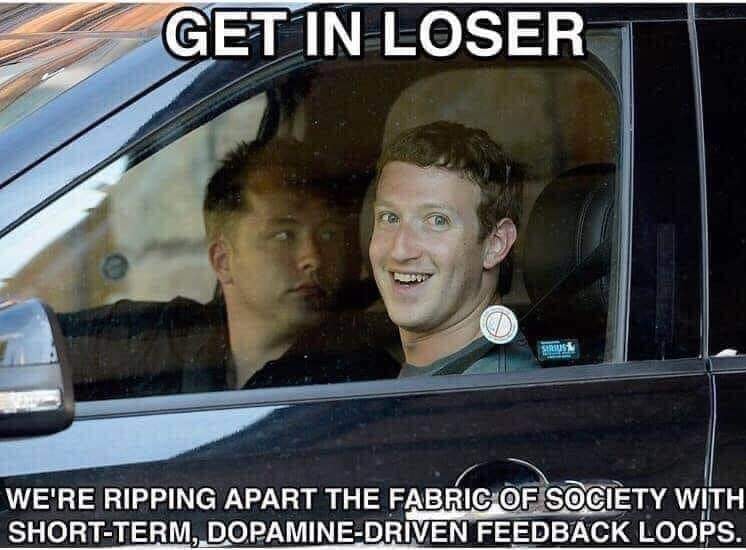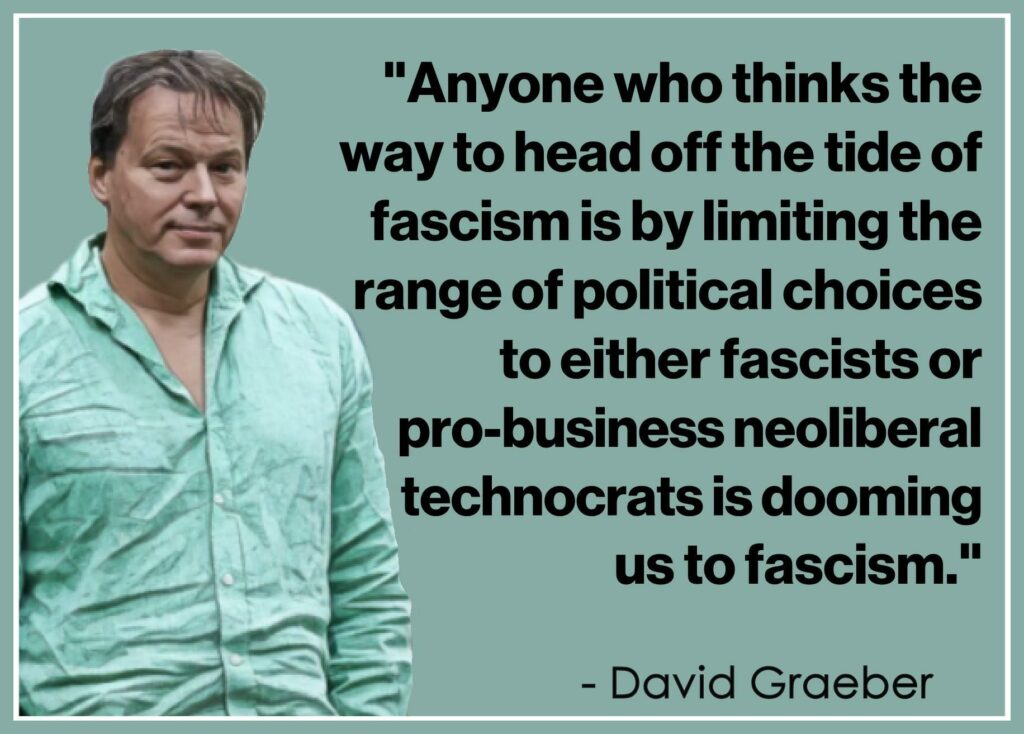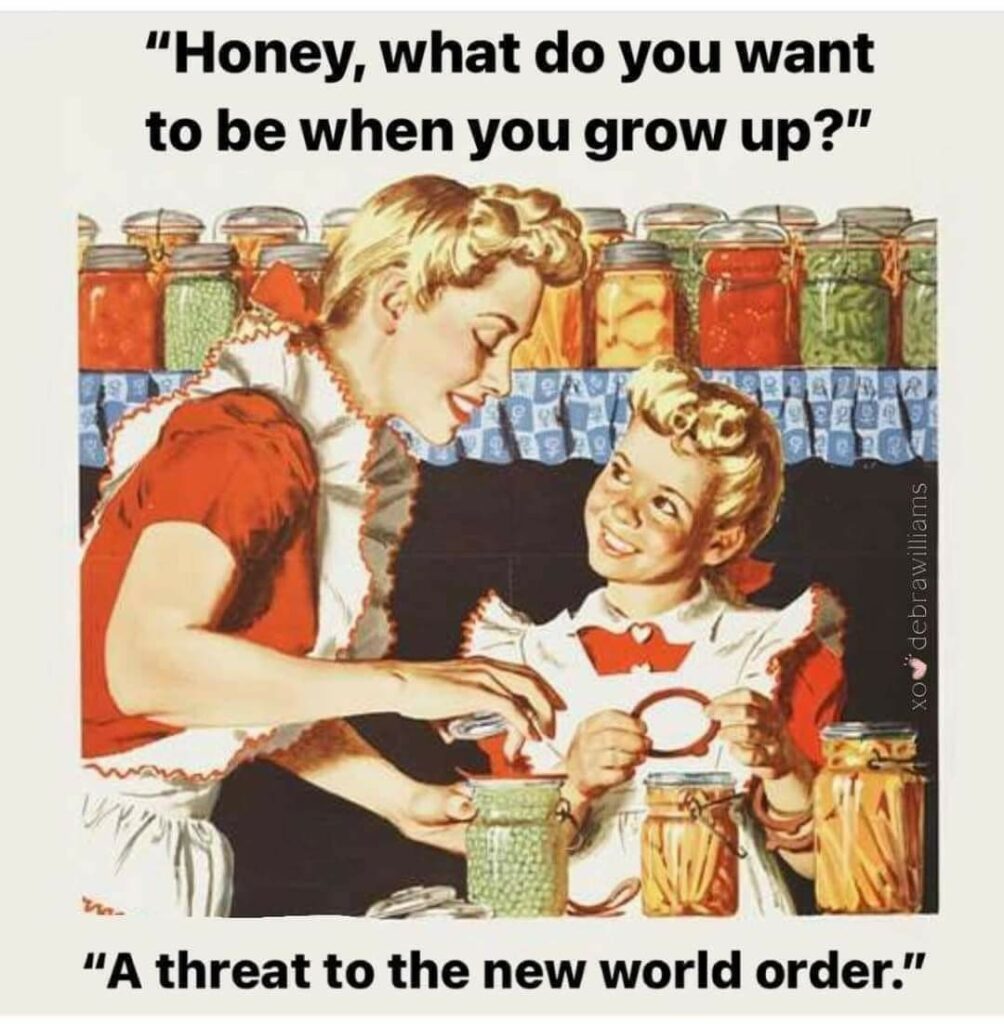Balancing the #mainstreaming mess by focusing on what’s “native” is a useful step in rebooting the #openweb. Rather than outright rejecting things that don’t fit, the goal is to actively engage and mediate through pushback, ensuring that the core values are preserved while allowing space for broader participation. This path helps prevent the dilution of the original ideals while embracing diversity in a constructive way.
To centre this conversation, we create frameworks that ensure any new developments align with principles like the #4opens and facilitate ongoing dialogue to maintain a shared direction. The key here is to keep it simple (#KISS), ensuring the tools are accessible and intuitive.
The metaphor of composting the mess to seed radical movements is an evocative one, emphasizing the importance of turning waste and negativity into something productive. It aligns with the path of movements growing from rich, grounded beginnings, rather than from the toxic, divisive environment that emerges with negativity spreading unchecked.
The use of these hashtags helps to frame the broader narrative, adding depth to the conversation about the failings of the digital world and how to move beyond them. With the hashtags like #deathcult, #dotcons, and #techcurn clearly defining the toxic systems at play, while others like #openweb and #4opens point toward solutions based on transparency and decentralization.
The metaphors are a powerful comparison between ecological composting and the cultivation of social and technological movements, particularly in the context of grassroots media and openweb activism and culture.
- Seeds and compost, describe movements as seeds that grow in rich compost, meaning that movements need nurturing environments to thrive. The compost represents the ideas, collaboration, and foundational work that allow movements to grow organically.
- Spreading shit, a metaphor about how we are distracted by “spreading shit on each other,” negativity, conflict, and infighting hampers collective efforts. While conflict and criticism are part of human interaction, too much negativity leads to a foul atmosphere, where movements struggle to grow.
- Composting the shit, is from the phrase “shit is good for compost”, that negative experiences, bad ideas, and even failures can be turned into useful lessons, helping to enrich the soil for future movements. Rather than discarding everything, the key is to transform the bad into something productive.
- Tools for change, the shovel, symbolize practical action. You need real tools (both literally and metaphorically) to work the compost, to nurture change, and to dig into the mess. Tools like openness, transparency, and collaboration are vital to making the compost to actually lead to growth.
The #Hashtags are anchors, a way of framing complex social, political, and technological issues into digestible themes. The #OMN tags define the broad spectrum of the struggles and the critiques of current paths:
#Deathcult: Neoliberalism, a system that prioritizes profit and narrow economic growth over human and environmental well-being.
#Fashernista: The interplay of fashion, trends, and social relations, highlighting the superficiality in political movements.
#Openweb: The original vision of the web, built on openness, collaboration, and free exchange.
#Closedweb: The pre-internet and post-open-web eras dominated by corporate control (the #dotcons).
#4opens: A principle-driven framework to ensure transparency, openness, and collaboration, inspired by the #FOSS and grassroots activism.
#Encryptionists: A critique of those who advocate for excessive encryption without considering its broader social cost.
#Dotcons: The commercialization of the internet and how it is leading to environmental and social collapse.
#Geekproblem: The ongoing debate between determinism and free will, and its relationship to technological culture.
#Techshit: Refers to the waste that technology produces—both physically and socially—which can be repurposed into something useful.
#Techcurn: The technological churn, the constant cycle of “innovation” that leads to more problems than solutions.
#Nothingnew: A philosophy of slowing down technological development to reflect and correct the negative outcomes of rapid progress.
These are used as a call to action, to encourage a shift to the #KISS values of the openweb and to building humanistic paths. By understanding this, and acting on the metaphors and hashtags, we better navigate the challenges of today’s online and offline mess to work toward meaningful, open, and progressive alternatives to the #deathcult we have worshipped for way too long, way to long.











